Latest news
Stay up to date on the latest activities and publications from hera
Archive
- 2023
- 2024
- Aarti Patel
- Accountability
- Afghanistan
- Africa
- Alejandra Martinez
- Algeria
- Alice Behrendt
- Alice Peschiutta
- Angola
- Anne Buve
- Argentina
- Asia Pacific
- Assessment
- Bangladesh
- Basic Health Services / Primary health care
- Behaviour Change Communication
- Belize
- Benin (Dahomey)
- Botswana
- Cabo Verde
- Calvin Tonga
- Caribbean
- Central Asia
- Chad
- Child Protection
- Children
- Cholera
- Climate change
- Communicable diseases (CD)
- Community Engagement
- Community Health Workers
- Comoros
- Costing studies
- Country Capacity
- Covid-19
- Crisis Management
- Côte d'Ivoire
- DRC
- Demand side financing
- Development
- Development Cooperation
- Dia Timmermans
- Dijbouti
- Drug Pricing
- Drug Regulatory Authority
- Ecuador
- Ed Vreeke
- Education

Comprehensive evaluation of UNICEF Mexico’s 2020-2025 Country Programme Document
At hera, we recently had the opportunity to lead an in-depth evaluation of UNICEF Mexico’s 2020-2025 Country Programme Document (CPD) (Evaluación del Programa de País 2020-2025 de UNICEF en México). This comprehensive assessment covered the programme’s implementation from 2020 to mid-2024, focusing on its four programmatic areas, their execution at federal and subnational levels, and their financial aspects. The evaluation was guided by the criteria of relevance, effectiveness, coherence, and sustainability, ensuring a well-rounded analysis of the programme’s achievements.
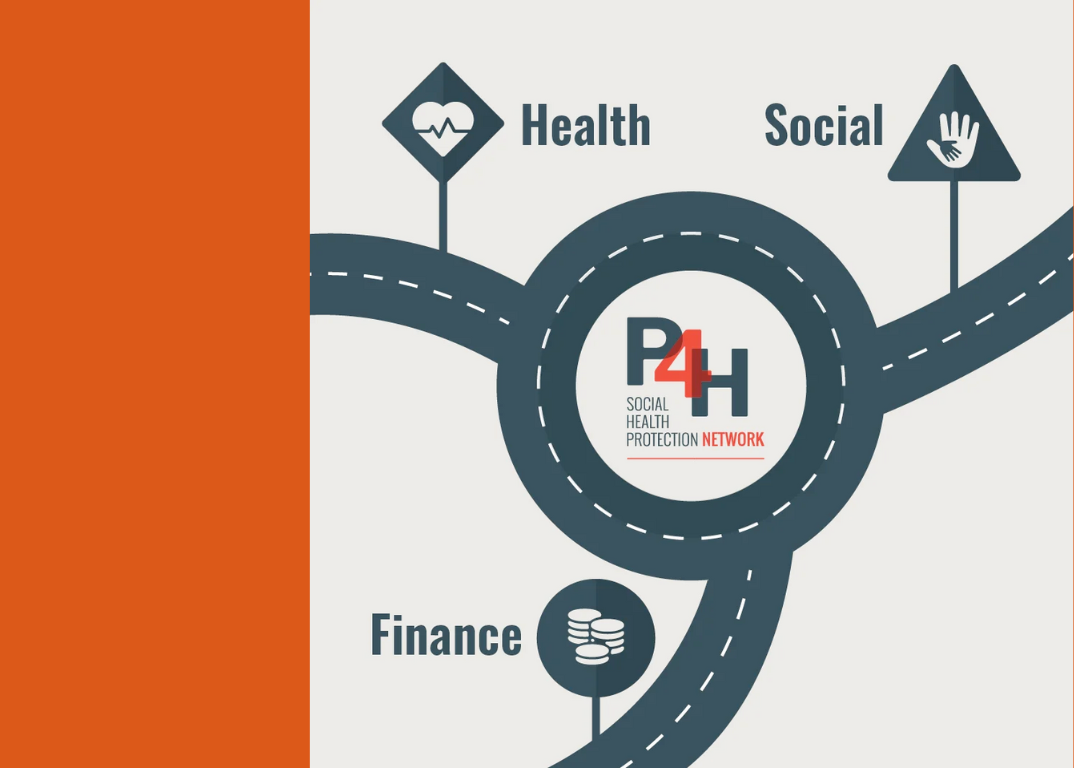
Enhancing universal health coverage: Piloting of innovative tools for the Evaluation of the P4H Network (P4H)
The P4H Network aims to expand healthcare access, reduce financial burdens, and protect against catastrophic health costs. To measure and communicate its impact, a comprehensive Monitoring and Evaluation framework and tools were developed, including the innovative Critical Milestone Timelines tool.

Evaluation of UNICEF’s Response to the L2 Cholera and Floods Emergency in Malawi and Mozambique
In 2023, Malawi and Mozambique faced a double blow of natural disasters and public health crises. The devastation caused by Cyclone Freddy, coupled with a severe cholera outbreak, left communities grappling with loss, destruction, and a lack of basic services. In response, UNICEF activated its Level 2 Corporate Emergency Activation Procedure (CEAP) to address the urgent needs of those affected. A recent evaluation by hera sheds light on the effectiveness and impact of UNICEF’s response to these concurrent emergencies, offering critical insights for future humanitarian efforts.
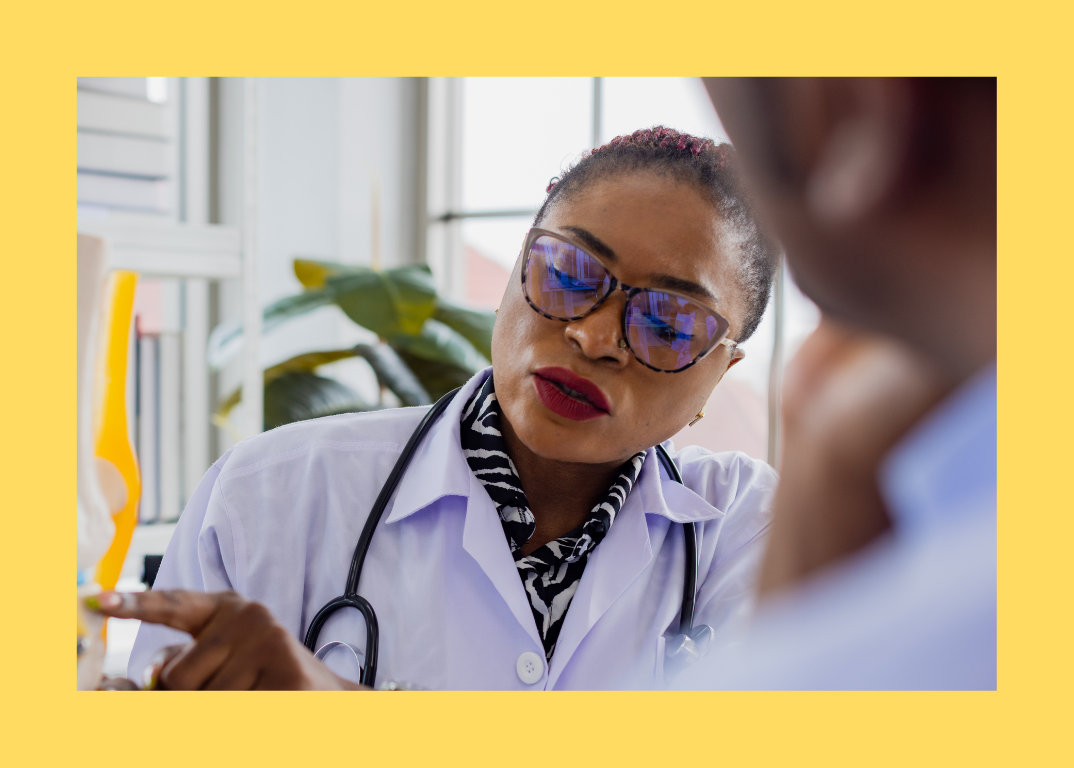
Harnessing evidence for impact: hera’s evaluation of the UNDP-UNFPA-UNICEF-WHO-World Bank Special Programme of Research, Development and Research Training in Human Reproduction (HRP)
hera was contracted to assess the UNDP-UNFPA-UNICEF-WHO-World Bank Special Programme of Research, Development and Research Training in Human Reproduction (HRP).

Evaluating UNICEF’s L2 Emergency Response to the Drought Crisis in Southern Madagascar
UNICEF's Level 2 (L2) emergency response was carried out in collaboration with the National Bureau of Risk and Disaster Management and focused on 10 districts in three priority regions in the South of Madagascar. A hera team was selected to evaluate the L2 response with a dual objective of learning and accountability.

Norad Country Evaluation Brief: Democratic Republic of the Congo
The Norwegian agency for development cooperation (Norad) recently published a Country Evaluation Brief on the Democratic Republic of the Congo (DRC) prepared by a hera team of researchers.
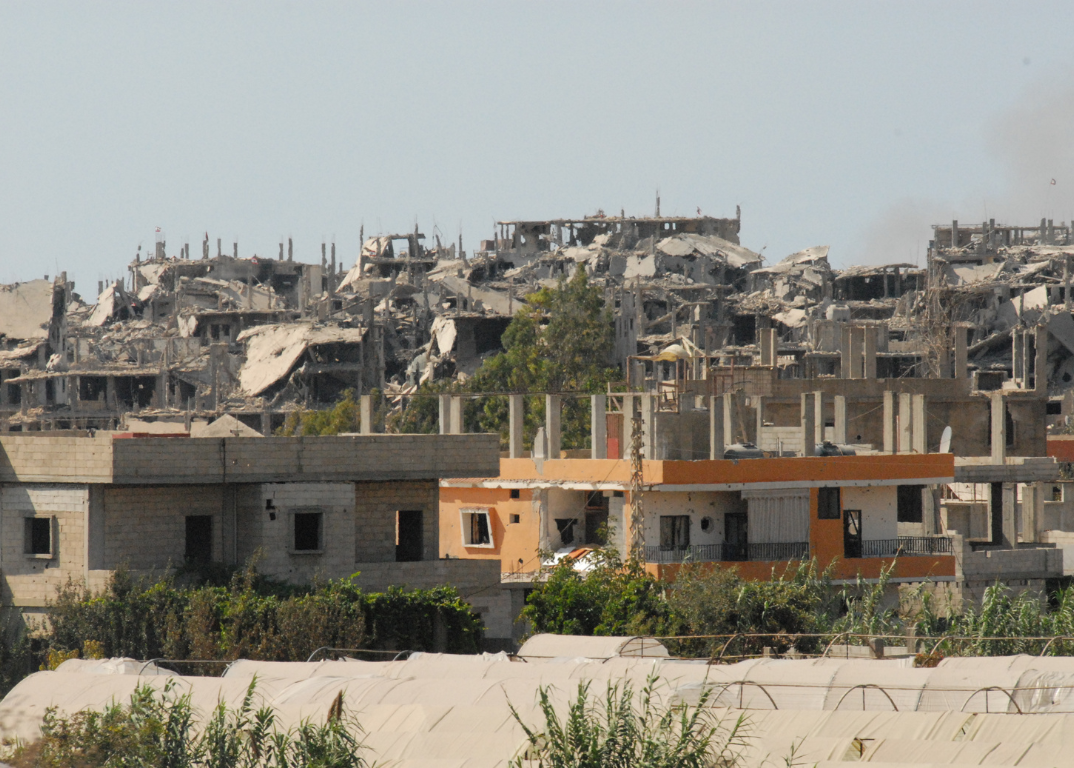
Final assessment of the Third-Party Monitoring of the Lebanon Health Programme for Syrian Refugees and Vulnerable Lebanese Population
hera assessed an EU program offering healthcare to Syrian refugees and vulnerable Lebanese citizens in Lebanon. This program aimed to improve access to affordable and quality healthcare services. The evaluation, conducted despite challenges like political unrest and the COVID-19 pandemic, found the program successful.

Update on the Spotlight Initiative Mid - Term Assessment: Eliminating all forms of violence against women and girls
In October 2020, hera was awarded a two-year contract with UN WOMEN for the Mid-Term Assessment of the Spotlight Initiative, a multi-year initiative between the European Union (EU) and the United Nations (UN), focused on eliminating all forms of violence against women and girls (VAWG).

Gavi, the Vaccine Alliance’s (Gavi’s) Fragility, Emergencies and Refugees (FER) policy
Gavi, the Vaccine Alliance’s (Gavi’s) Fragility, Emergencies and Refugees (FER) policy has been in effect since June 2017.

Gender, HIV and Youth Mainstreaming Strategy of the Seed Knowledge Initiative (SKI)
SKI is comprised of 16 partner organisations in Malawi, Zambia, Zimbabwe and South Africa with the aim of improving farmer-led seed knowledge systems and helping smallholder farmers to become more seed, food and nutritionally secure.

Switching the Poles
Assessment of a Belgian government-funded program run by the Institute of Tropical Medicine (ITM), which aims to build research and healthcare capacity in developing countries. Evaluators reviewed 24 projects and 10 thematic networks across 18 countries and came forward with findings that will inform future collaborations to improve global health.
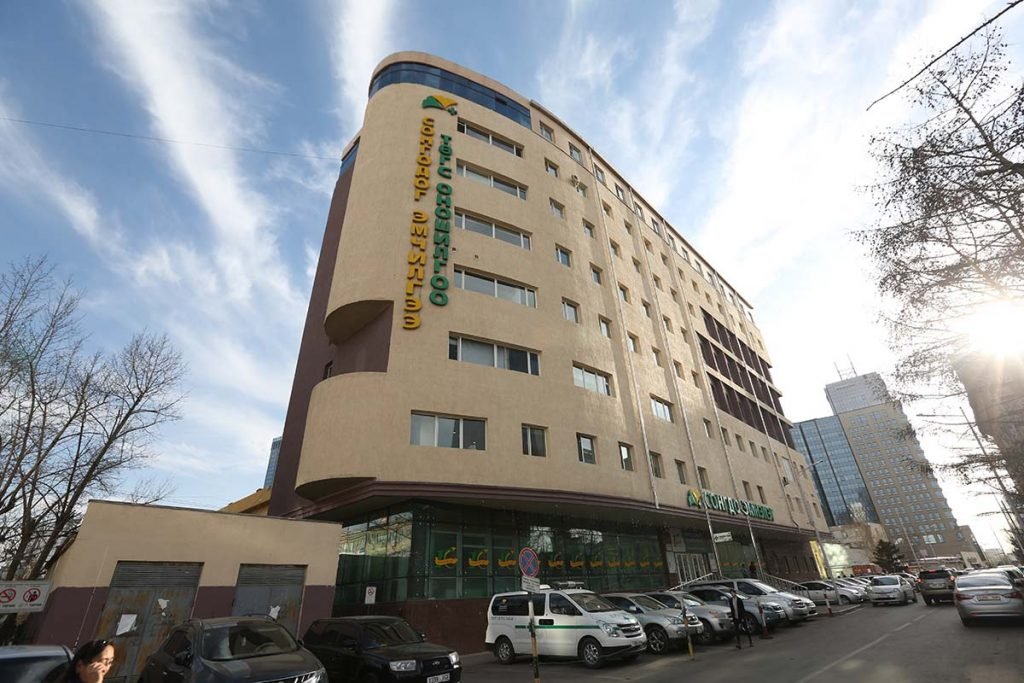
Final evaluation of the project Consolidating Cardiovascular Services at the national cardiac centre in Mongolia
hera partner Michèle Kosremelli Asmar is part of the PROMAN consortium implementing the Third-Party Monitoring of the Lebanon Health Programme for Syrian Refugees and Vulnerable Lebanese Population funded by the European Union through the MADAD fund.
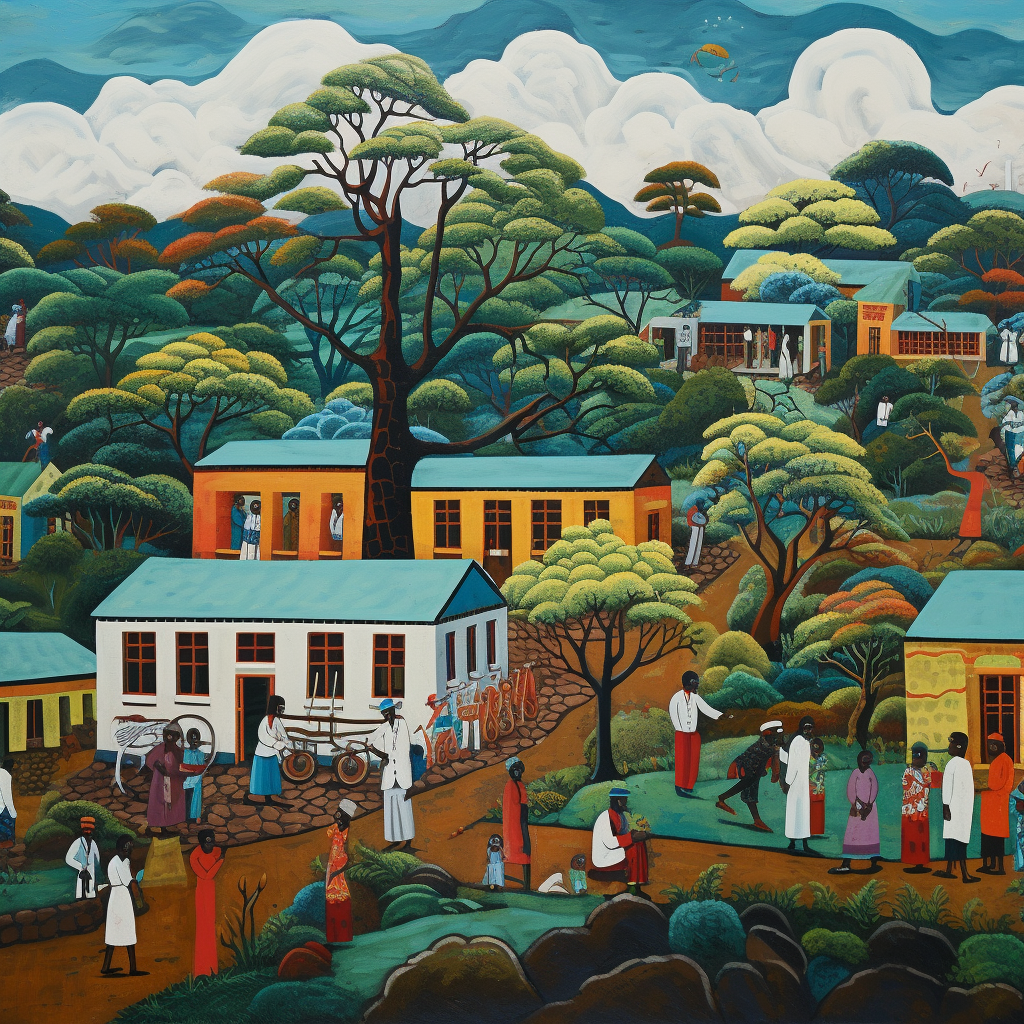
Mozambique - MTR cooperation Flanders Mozambique - Flanders BuZa
hera's MTR evaluated implementation progress, identified challenges, and provided recommendations for improvement. The findings helped shape the subsequent CSP phase, emphasizing innovation and addressing key healthcare issues.
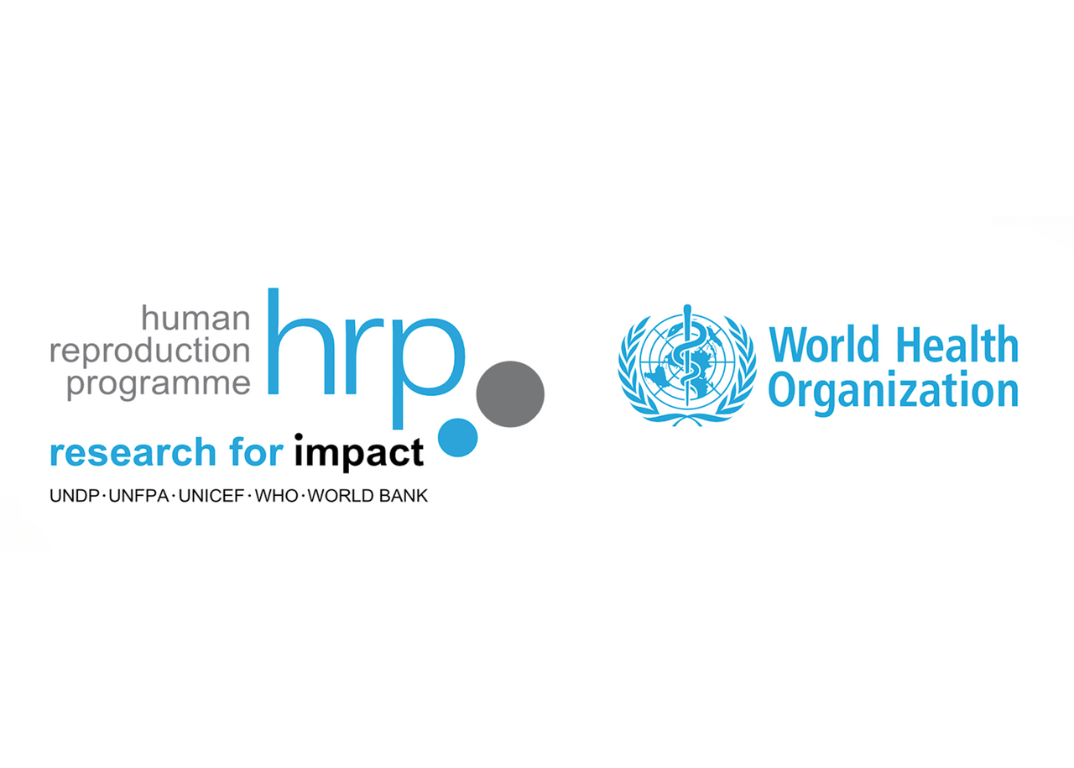
External Evaluation of the UNDP-UNFPA-UNICEF-WHO-World Bank Special Programme of Research, Development and Research Training in Human Reproduction (HRP) 2013-2017
hera was selected to conduct the fourth external evaluation of the HRP covering the period from January 2013 to December 2017.
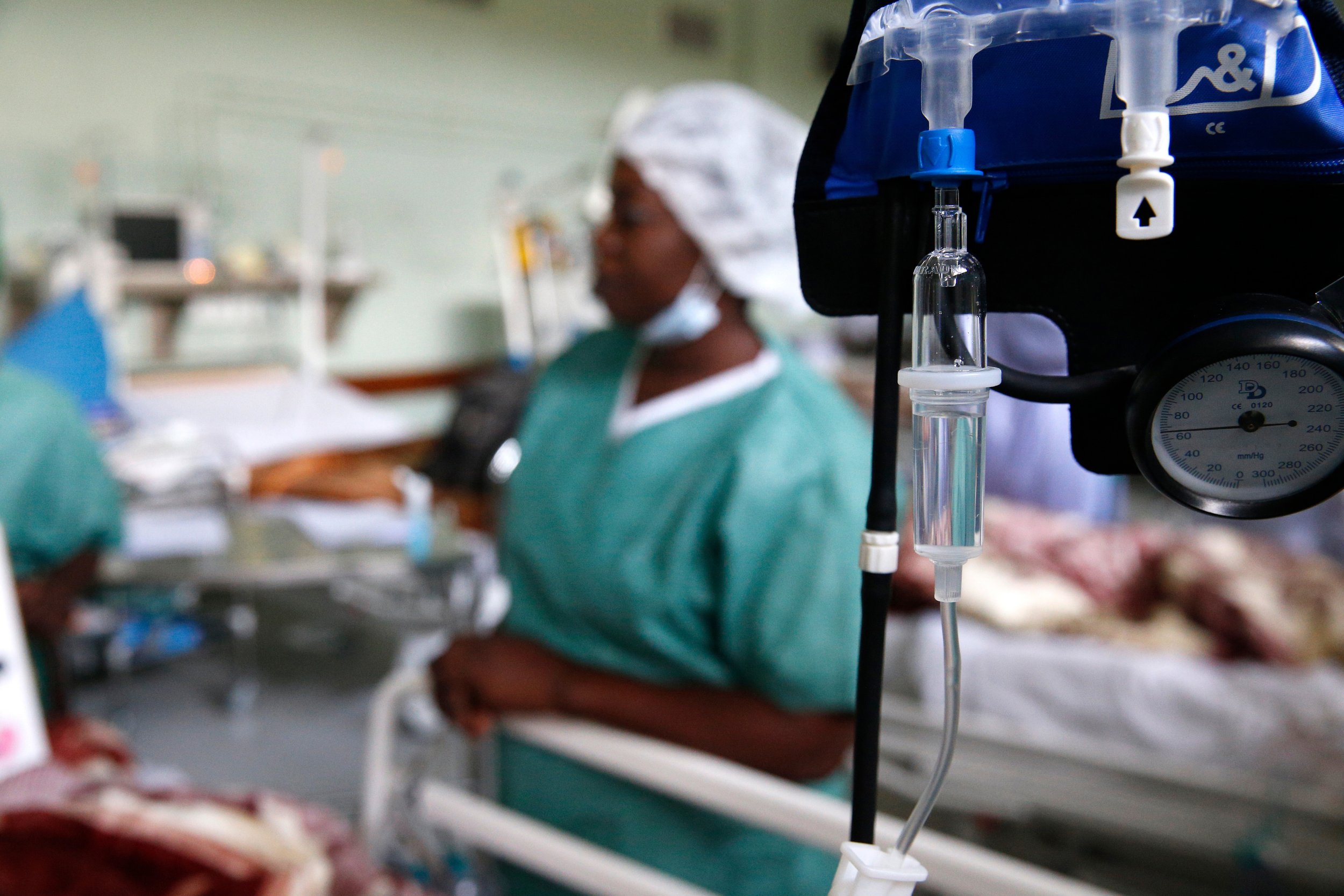
Bridging the Gap in Health Care Services in DRC with the ASSR Programme
Operating in four provinces of DRC – Nord Ubangi, Kasai, Kasai Central, and Maniema – the ASSR programme targets an estimated population of 9 million. The anticipated maximum value of the ASSR programme over its 18-month duration is £35 million.

hera supports EU-funded program to reduce Maternal and Child Mortality in Guinea Bissau
Over a span of four years, the hera team worked to improve access to quality healthcare for pregnant women and children under five in Guinea-Bissau.

Developing a monitoring framework for Universal Health Coverage in the WHO African Region
In 2015 hera was contracted by the WHO Regional Office for Africa (WHO AFRO) to provide an assessment of the status of UHC determinants including the status of progress on the 2008 Ouagadougou and Algiers Declarations.

UHC2030 - Results from the 2016 Monitoring Round
The 2016 monitoring round tracked eight effective development cooperation practices in the health sector using indicators for both governments and development partners.

Mid-term review of the EU/ACP/WHO Renewed Partnership for strengthening pharmaceutical systems and improving access to quality medicines in 15 African ACP Countries
The “The Renewed EU/ACP/WHO Partnership” (RP) was a four year programme (October 2012 – September 2016) with the overall objective to contribute to the achievement of health-related MDGs and to universal health coverage in African ACP countries by improving the availability, affordability and use of safe, effective and quality assured essential medicines for the treatment of priority acute and non-communicable diseases.

Assessing the Impact: BMGF & DFID's Reproductive Health Programmes in Low- and Middle-Income Countries
In an effort to promote reproductive health and accessibility to quality-assured reproductive health commodities in low- and middle-income countries, the Bill & Melinda Gates Foundation (BMGF) and the Department for International Development (DFID), now known as the Foreign, Commonwealth & Development Office (FCDO), rolled out two independent, yet complementary, programmes geared towards ensuring hormonal contraceptives become more readily available, of high quality and affordable.
